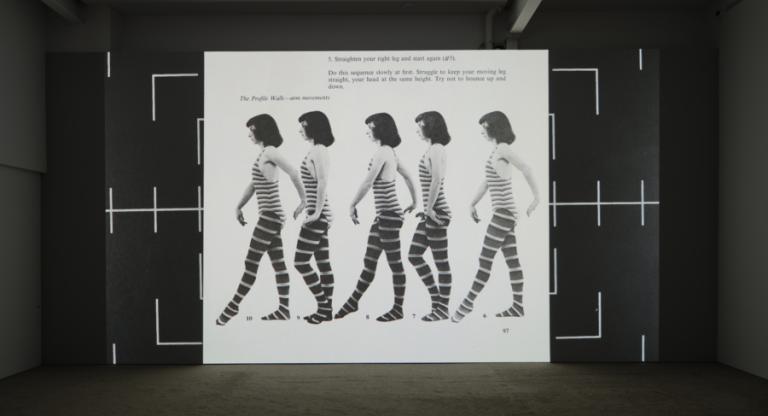When Prometheus was released in the summer of 2012, Ridley Scott had not directed a film in the Alien series since the original Alien (1979) over three decades prior, and the franchise had not had a proper sequel since Jean-Pierre Jeunet’s poorly received Alien: Resurrection (1997). Outside of the relatively profitable detour for two films pitting the xenomorphs of Alien against the eponymous Predator in AVP: Alien vs Predator (2004) and Alien vs. Predator: Requiem (2007), the Alien series hadn’t really been a studio cash cow since James Cameron turned Scott’s mostly quiet extraterrestrial horror film into a bombastic action blast with Aliens (1986). Despite all of that, Scott returned to the world he, writer Dan O’Bannon, and xenomorph designer H. R. Giger created in the late 1970s with a colossal $130 million budget, the most ever spent on a film in the series. And this time it didn’t even have Alien in the title.
Prometheus started its life at least a decade prior to its eventual release, before the AVP films were even being considered by the studio. Initially intended to be a collaboration between Ridley Scott and James Cameron, bringing the two filmmakers most often associated with the franchise together for the first time, it gestated long enough that Cameron lost interest amidst his work on Avatar (2009). Often shrouded in secrecy, the film was initially considered Alien 5, following the events of Alien: Resurrection until Scott finally opted to deliver a prequel to the 1979 original.
Despite its cryptic title, referencing the Greek god who gave humanity the gift of fire, Prometheus was the first entry in the franchise to harken back to both the sparse locations and intimate body horror of Alien. Scott opted to shoot the film entirely in 3D, as Cameron had done with Avatar. It abandons the militaristic action that Cameron introduced in Aliens, which carried through to Jeunet’s film, for a cerebral horror premise. Out of the six films in the franchise at the time, Prometheus has the most in common with David Fincher’s oft-maligned Alien 3 (1992), a drab, gruesome prison movie that is as crass as it is philosophical. Scott pulls off some haunting visuals in Prometheus, but what lingers with the viewer is its overall sumptuous look. A gloriously sterile future aesthetic, molded out of perfectly curved metals and dangerously transparent panes of glass, is just begging for someone to accidentally crash through, and it doesn’t look that far off from a 2023 Apple store. The minimalism for which Alien is renowned is delivered for a maximalist effect: a blockbuster ode to being alone—even, or especially, if you’re the last one left standing.
Prometheus screens tonight, June 20, at Nitehawk Williamsburg on 35mm. The filmmaker Mandy Marcus will introduce the screening.




